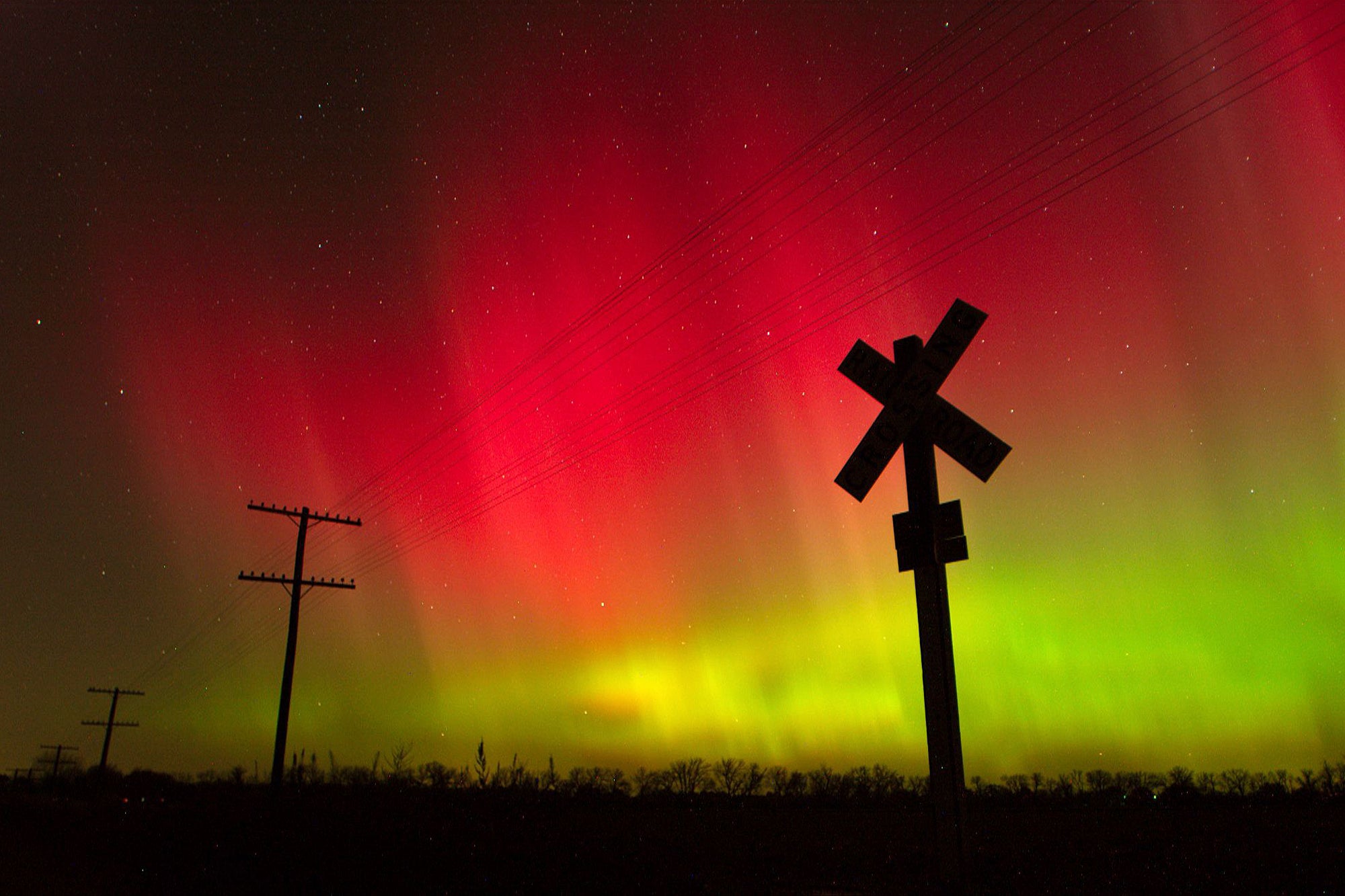Northern lights a 'big miss,' US space forecaster says
An initially promising U.S. forecast for the northern lights has gone bust

Your support helps us to tell the story
From reproductive rights to climate change to Big Tech, The Independent is on the ground when the story is developing. Whether it's investigating the financials of Elon Musk's pro-Trump PAC or producing our latest documentary, 'The A Word', which shines a light on the American women fighting for reproductive rights, we know how important it is to parse out the facts from the messaging.
At such a critical moment in US history, we need reporters on the ground. Your donation allows us to keep sending journalists to speak to both sides of the story.
The Independent is trusted by Americans across the entire political spectrum. And unlike many other quality news outlets, we choose not to lock Americans out of our reporting and analysis with paywalls. We believe quality journalism should be available to everyone, paid for by those who can afford it.
Your support makes all the difference.An initially promising U.S. forecast for the northern lights has gone bust
Stargazers in the continental 48 states have essentially zero chance of seeing the astronomical phenomenon this week, the head of operations at the U.S. government's space weather prediction center said Thursday.
Curtains of color paint the night sky when the northern lights, or aurora borealis, are visible. Some early reports had suggested they would be viewable as far south as Illinois this week.
Robert Rutledge, the lead of operations at the Space Weather Prediction Center, said the agency had high hopes for Thursday and Friday, but it downgraded its forecast because the chances turned out to be a “big miss.”
He called the disappointing news “not incredibly unusual in space weather forecasting."
The silver lining for sky watchers is that conditions in the coming months and years look more favorable, Rutledge said.
New England stargazers had hoped to catch a glimpse of the northern lights, but clouds would have made it difficult, said David Clark, a member of Penobscot Valley Star Gazers in Maine.
“I'm sure people are going to try,” he said. “I don't have high hopes for it.”